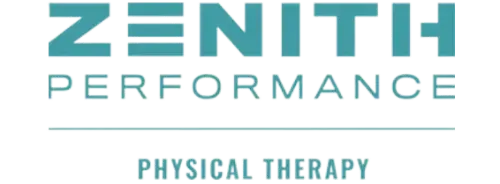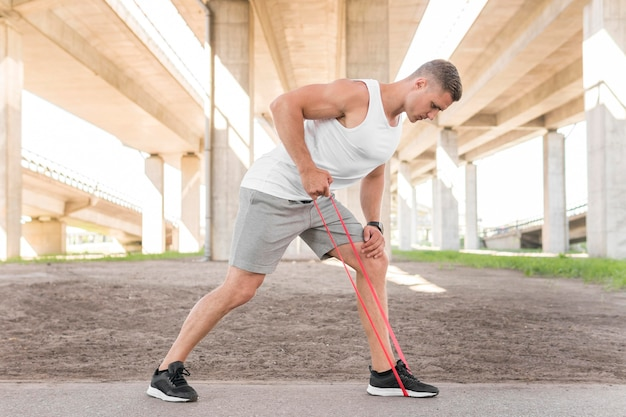Patellofemoral Pain in Lifters and Runners: Causes, Treatment, and Tidbits
Here at Zenith Performance Physical Therapy, we commonly evaluate patients with complaints of generally achy and beat up knees that are stopping them from being able to push hard during their training. Usually this means issues Crossfitters or Olympic weightlifters with trouble squatting, pain going downstairs, and runners experiencing pain with increased weekly mileage.
Once we’ve ruled out other issues like meniscus pain and tendinopathy, this leaves the issue of patellofemoral pain syndrome (PFPS), commonly known as “runner’s knee.” It’s a prevalent issue that can affect both runners and weightlifters alike. Whether you’re pounding the pavement or squatting heavy weights, PFPS can develop as a result of poor movement patterns, muscle imbalances, or overuse. It’s important to understand the underlying causes and provide strategies for managing and preventing this frustrating condition.
What is Patellofemoral Pain?
Patellofemoral pain refers to discomfort around the kneecap (patella) that often worsens with activities like running, squatting, or climbing stairs. The pain usually arises due to the overload of the knee during your chosen activities. I like to use Dr. Scott Dye’s model of Envelope of Function to describe this sort of knee pain. everyone has a certain window of function in which they can tolerate and improve within a given workload. However, certain variables can either change the window of tolerance or send your workload beyond a given threshold. When exceeded persistently, this can result in pain, stiffness, and swelling. None of this is necessarily tissue specific or damaging, therefore it’s best treated via aggressive musculoskeletal management, AKA the type of fitness-forward PT we deliver here at Zenith Physical Therapy
Physical Therapy Treatment
For both lifters and runners, physical therapy is a highly effective way to address PFPS. A thorough evaluation is key, focusing on identifying any muscular imbalances or poor movement patterns. Treatment often includes:
- Strengthening the quadriceps and hip muscles: Strong quads help improve the braking and flexion moment resistance of the knee, while strong hips help with distributing force throughout the extremities.
- Mobility work: Tight hip flexors, hamstrings, or calves can affect knee mechanics, so improving flexibility and joint mobility is crucial.
- Movement retraining: Both runners and lifters can benefit from improving their technique—whether it’s adjusting running form or correcting squat depth and alignment.
- Gradual progression: Avoiding sudden increases in intensity or volume can prevent overuse injuries and allow the body to adapt safely
Prevention Tips
To prevent PFPS, both lifters and runners should focus on maintaining good mechanics, incorporating cross-training, and prioritizing recovery. Here are a few tips:
- Ensure proper footwear that supports your activity.
- Incorporate progressive, individualized strengthening and mobility exercises into your routine.
- Gradually increase intensity, volume, or weight to increase the capacity of the knee.
- Implement good recovery strategies and allow time for recovery between training sessions
In summary, patellofemoral pain can affect both lifters and runners, but with the right approach, it’s manageable and preventable. By addressing underlying issues through physical therapy and proper training techniques, you can keep your knees healthy and continue doing what you love—whether it’s lifting heavy or running long distances.
Seeing some changes but still want a more individualized approach to your rehab? If you want to learn how to take control with some expert guidance and treatments to optimize your performance and longevity, then that’s exactly what we provide at Zenith Performance Physical Therapy. Call or text us at 562-502-1767 to schedule a free phone consultation and come in for an evaluation!


